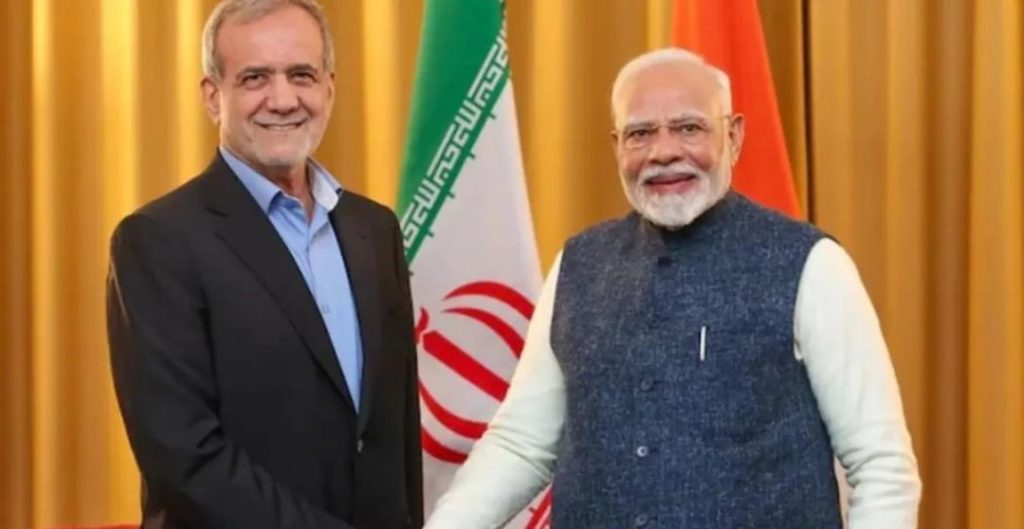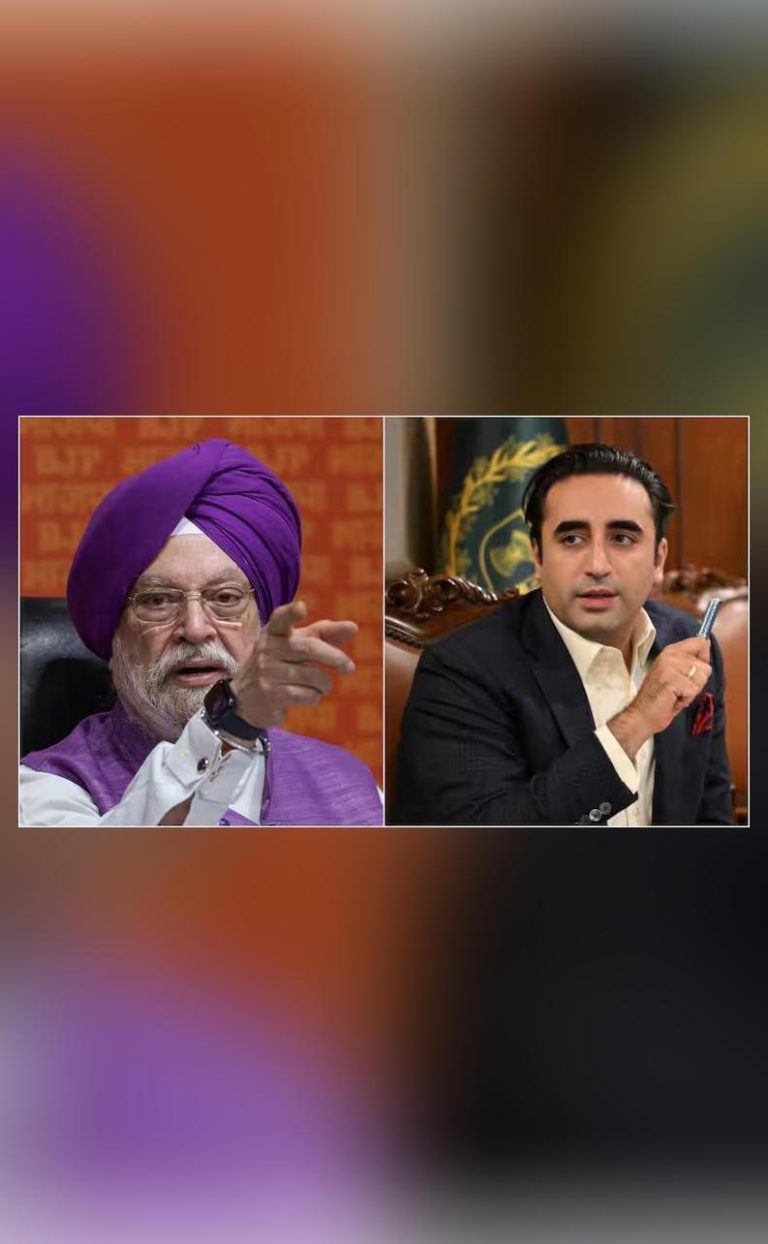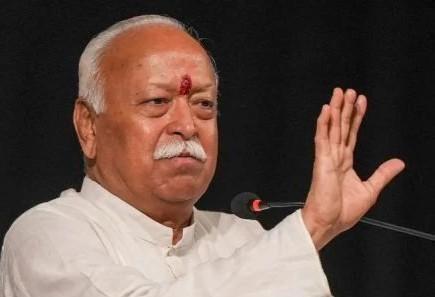
Iran Offers to Mediate between India & Pak After Pahalgam Attack
Tensions between India and Pakistan have been escalating in recent days, with the latest terrorist attack in Jammu and Kashmir’s Pahalgam area sparking outrage and concern across the globe. In the face of this heightened animosity, Iran has stepped forward with an offer to mediate between the two countries, seeking to ease the tensions and promote greater understanding.
Iran’s Foreign Minister, Seyed Abbas Araghchi, made the offer public through a written statement, where he emphasized the importance of dialogue and cooperation in resolving the dispute. “Tehran stands ready to use its good offices in Islamabad and New Delhi to forge greater understanding at this difficult time,” he wrote.
This move by Iran comes at a critical juncture, as both India and Pakistan have been engaged in a bitter standoff over the Pahalgam attack. The attack, which took place on August 12, resulted in the deaths of multiple Indian security personnel, sparking widespread condemnation and outrage. In response, India has suspended the Indus Waters Treaty with Pakistan, which was signed in 1960 to regulate the sharing of the Indus River and its tributaries.
The suspension of the treaty is a significant development, as it highlights the deepening mistrust and tensions between the two countries. The treaty was seen as a crucial component of the fragile peace between India and Pakistan, and its suspension is likely to have far-reaching consequences for regional stability.
In the face of this uncertainty, Iran’s offer to mediate between India and Pakistan assumes significant importance. As a neighboring country with historical ties to both nations, Iran is well-positioned to play a key role in resolving the dispute. The country has long maintained good relations with both India and Pakistan, and has been a key player in regional affairs for decades.
Iran’s offer to mediate is not without precedent. The country has a history of playing a mediating role in regional conflicts, including the Iran-Iraq War and the Israeli-Palestinian conflict. In recent years, Iran has also been involved in efforts to resolve the conflict in Yemen, where it has been a key player in the Saudi-led coalition.
So, what does Iran’s offer to mediate entail? In his statement, Araghchi emphasized the need for dialogue and cooperation between India and Pakistan. He noted that Tehran is “ready to use its good offices” to promote greater understanding and to help resolve the dispute. This suggests that Iran is willing to engage in diplomatic efforts to bring the two countries together, potentially through a series of high-level talks or negotiations.
Iran’s offer to mediate is not without its challenges, however. The country’s relations with both India and Pakistan are complex and multifaceted, and there are likely to be significant hurdles to overcome before any meaningful progress can be made. Additionally, the Pahalgam attack has sparked widespread outrage and anger in India, and it is unclear whether the Indian government is willing to engage in talks with Pakistan at this time.
Despite these challenges, Iran’s offer to mediate is a significant development, and one that could potentially help to ease tensions between India and Pakistan. The country’s diplomatic efforts could help to create a more conducive environment for talks, and potentially even facilitate a breakthrough in the dispute.
In conclusion, Iran’s offer to mediate between India and Pakistan is a significant development in the wake of the Pahalgam attack. The country’s diplomatic efforts could help to ease tensions and promote greater understanding between the two nations, and potentially even facilitate a breakthrough in the dispute. As the situation continues to unfold, it will be important to monitor developments closely and to assess the potential impact of Iran’s offer on regional stability.



